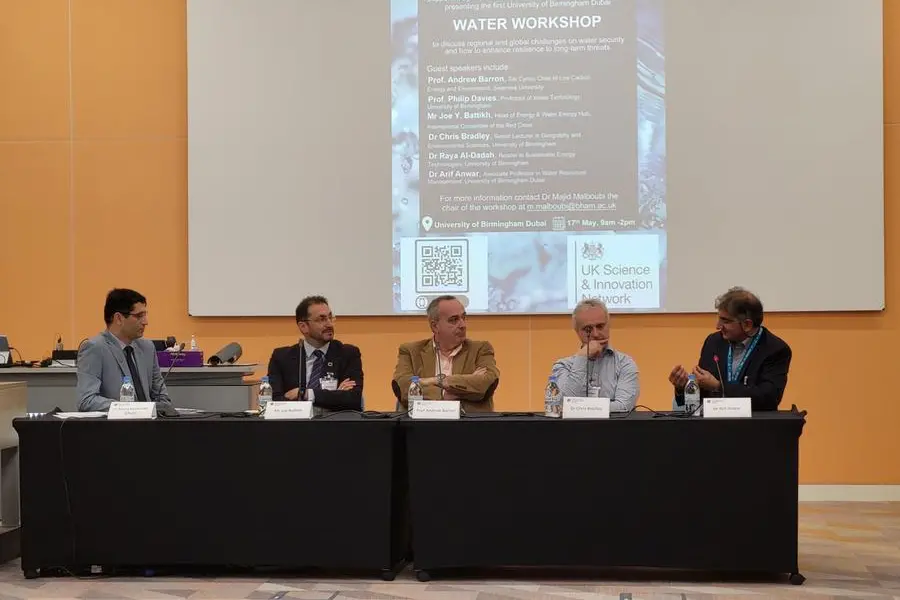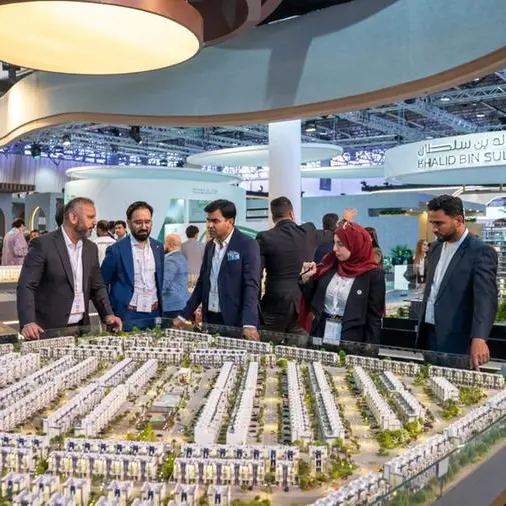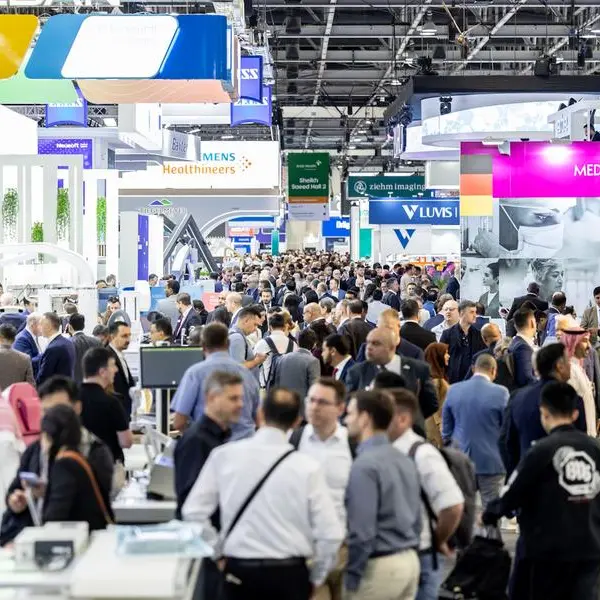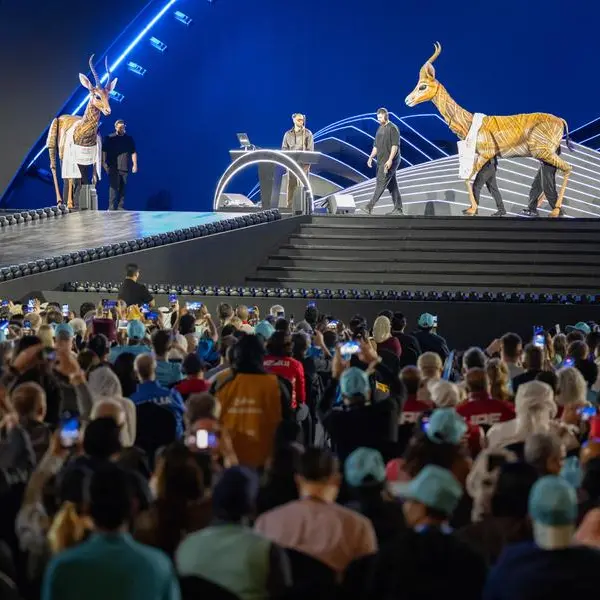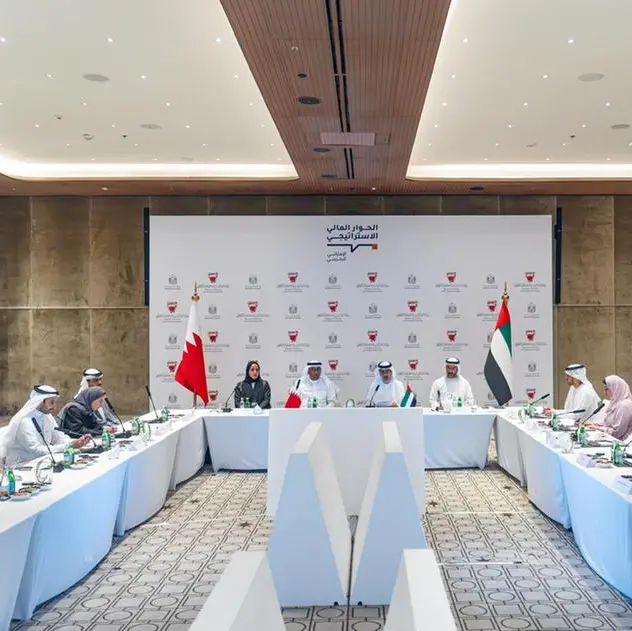PHOTO
- COP28 will be a platform for Middle Eastern countries to work with the global community to create a scalable model for water secure nations.
Dubai, UAE: Countries in the Middle East have a vital role to play in ensuring a more water secure world and must be at the centre of conversations on water scarcity at COP28 later this year. That’s according to a group of leading academics speaking during a water security workshop hosted by the University of Birmingham Dubai.
During the ‘Water Workshop’ held as part of the University’s activities in the lead up to COP28, academics from the University of Birmingham and Swansea University, as well as representatives from the International Committee of the Red Cross, convened to address challenges and opportunities related to water security.
“The UAE, Saudi Arabia, Yemen, and Jordan – these countries all experience water scarcity. But an arid climate doesn’t necessarily equate to water insecurity,” said Dr Arif Anwar, Associate Professor at the University of Birmingham Dubai, during his keynote titled ‘Water Security in the Context of the UAE’.
“You can become water secure even if you are water scarce, depending on how you invest and structure your economy. How these countries tackle water scarcity over the next decade could provide a global blueprint for regions most vulnerable to the impacts of climate change.”
According to the UN, at least one in four people by 2050 is likely to live in a country affected by chronic or recurring shortages of fresh water. Desalination technologies being pioneered in countries like the UAE could help to ensure continuous access to water in the future, the workshop heard.
Prof. Andrew R. Barron, Sêr Cymru Chair of Low Carbon Energy and Environment, Swansea University, commented: “Water is going to be the critical resource in the 21st century and implementation of methods to re-use water through green purification methods will be vital.”
Dr Anwar added: “Currently, water consumption in the GCC is unsustainable and is impacting water security in the Middle East. It is critical that all countries in the region cut demand, improve water productivity, and increase water recycling, which is currently lacking. The need for countries in arid climates to rapidly adapt, coupled with bold national development plans in the GCC, could accelerate the formulation of models for enhancing water security, that could be applied elsewhere. But we must first see major structural adjustments in economies.”
The Water Workshop, supported by the UK Science & Innovation Network, was the first of its kind to discuss regional and global challenges to water security and how to enhance resilience to long-term threats. It was one of several initiatives led by the University of Birmingham Dubai that align with the UAE’s research priorities and national strategies, including the UAE Water Security Strategy 2036, which aims to reduce total demand for water resources by 21 percent and increase the water productivity index to $110 per cubic meter.
David Sadler, Provost at the University of Birmingham Dubai, commented: “As a key member of the UAE’s education, scientific and innovation communities, we are committed to supporting national research priorities as well as national objectives in areas such as water security and climate change. As the UAE gets set to host COP28 in November, we are bringing our international network of world-leading researchers and colleagues to bear on complex climate challenges. Along with our international and local partners, we are facilitating important conversations and aligning our work and research to help inform governments and develop solutions that can play an important role in solving shared environmental and climate challenges.”
Some of the world’s leading experts in climate, hydrology and technology participated in the workshop, delivering keynotes on critical challenges and emerging opportunities in the context of water security in the region and beyond. Speakers included: Prof. Andrew R. Barron, Sêr Cymru Chair of Low Carbon Energy and Environment, Swansea University; Prof. Philip Davies, Professor of Water Technology, University of Birmingham; Mr Joe Y. Battikh, Head of Energy & Water Energy Hub, International Committee of the Red Cross; Dr Chris Bradley, Senior Lecturer in Geography and Environmental Sciences, University of Birmingham; Dr Raya Al-Dadah, Reader in Sustainable Energy Technologies, University of Birmingham; Dr Arif Anwar, Associate Professor in Water Resources Management, University of Birmingham Dubai; and Dr Majid Malboubi, Associate Professor of Mechanical Engineering, University of Birmingham Dubai. Students from the University of Birmingham Dubai also attended the workshop and engaged with the speakers.
-Ends-
